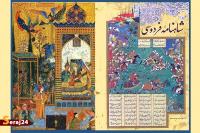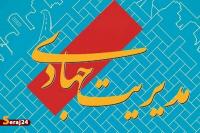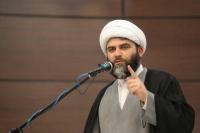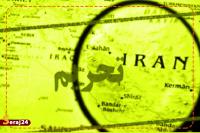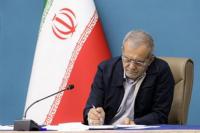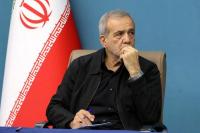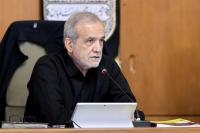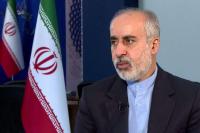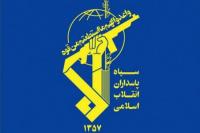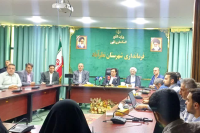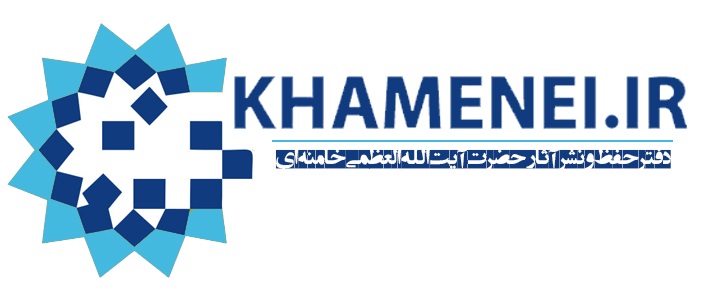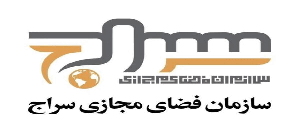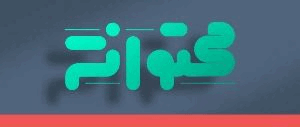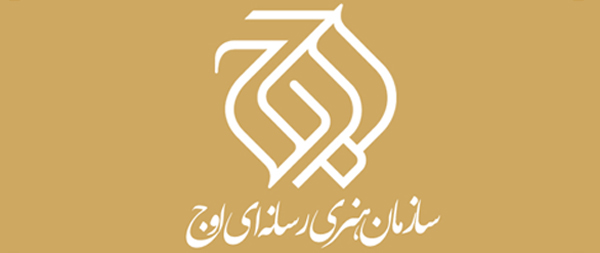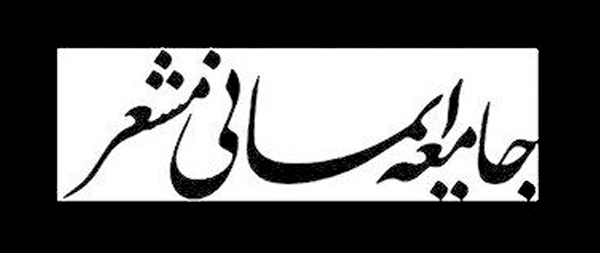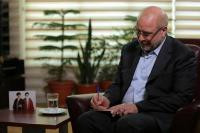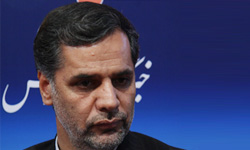
Rapporteur of the Iranian Parliament's National Security and Foreign Policy Commission Seyed Hossein Naqavi Hosseini pointed to numerous cyber attacks by the US against the websites of other countries which oppose its policies, and warned Washington against retaliatory measures by those states.
"After the fallacy of 9/11 scenario was revealed, today Washington seeks to revive it in the cyber space to pursue the long-term and short-term objectives of its foreign policy," the lawmaker added.
Last month, Iran's mission at the United Nations criticized the US for its involvement in cyber attacks against Tehran, and stressed that Iran respects international laws and regulations against the use of malwares against other nations' economic sectors.
In a statement issued at the time, the mission said Iran condemns any use of malware that target important institutes by violating the national sovereignty of states.
"Unlike the United States, which has, per reports in the media, given itself the license to engage in illegal cyber-warfare against Iran, Iran respects the international law and refrains from targeting other nations' economic or financial institutions," the statement reads/
It also rejected claims that Iran has allegedly orchestrated cyber attacks on the US financial institutions, and said, "We believe that raising such groundless accusations are aimed at sullying Iran's image and fabricating pretexts to push ahead with and step up illegal actions against the Iranian nation and government."
In December, Iran announced that it has thwarted a second cyber attack on one of its Culture Ministry institutes.
The cyber attack, originated from the US city of Dallas via switches in Malaysia and Vietnam, had targeted the information center of the Culture Ministry's Headquarters for Supporting and Protecting Works of Art and Culture.
The attack was repelled by the headquarters' experts.
In the last few years, various Iranian industrial, nuclear and government bodies have recently come under growing cyber attacks, widely believed to be designed and staged by the US and Israel.
In April a similar attack was carried out against Iran's oil ministry. According to the oil ministry, the cyber attack was carried out through a virus penetration that damaged users' hard disks, but failed. Senior Iranian oil ministry officials later announced that their computer systems resumed normal operation.
A few days later hackers failed to penetrate into the Iranian Science Ministry's computer network.
"Despite the frequent efforts made by hackers, the cyber attack has failed to leave any impact on the data system," a statement released by the Ministry of Science, Research and Technology said.
It further praised the proper measures and full preparedness of the relevant departments at the science ministry for repelling the attack.
Wide-scale cyber attacks on Iranian facilities started in 2010 after the US and Israel tried to disrupt the operation of Iran's nuclear facilities through a worm which later came to be known as Stuxnet.
US intelligence officials revealed in April that the Stuxnet malware was not only designed to disrupt Iran's nuclear program, but was part of a wider campaign directed from Israel that included the assassination of the country's nuclear scientists.
Stuxnet is the first discovered worm that spies on and reprograms industrial systems. It is specifically written to attack SCADA systems which are used to control and monitor industrial processes.
In September, the Islamic Republic said that the computer worm of Stuxnet infected 30,000 IP addresses in Iran, but it denied the reports that the cyber worm had damaged computer systems at the country's nuclear power plants.
Iranian top security officials have urged the International Atomic Energy Agency (IAEA) to detect the agents involved in Stuxnet computer worm attack on Iran.
In April Iran announced that it has discovered the Stars virus that is being used as a tool to commit espionage.











